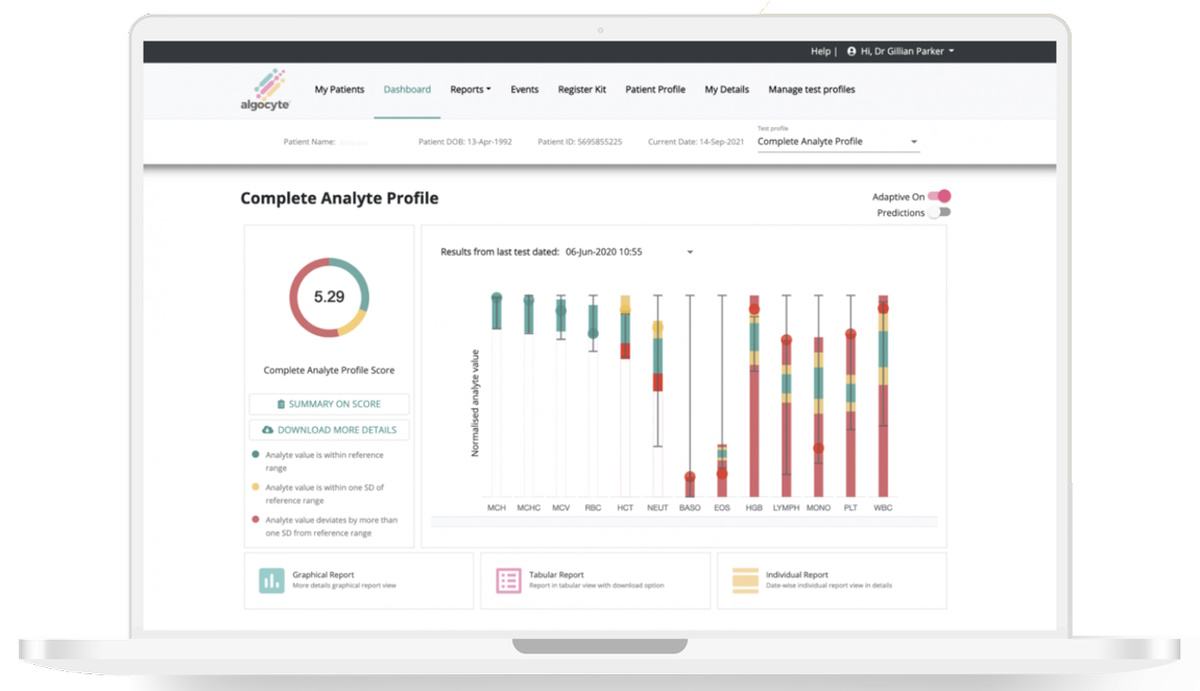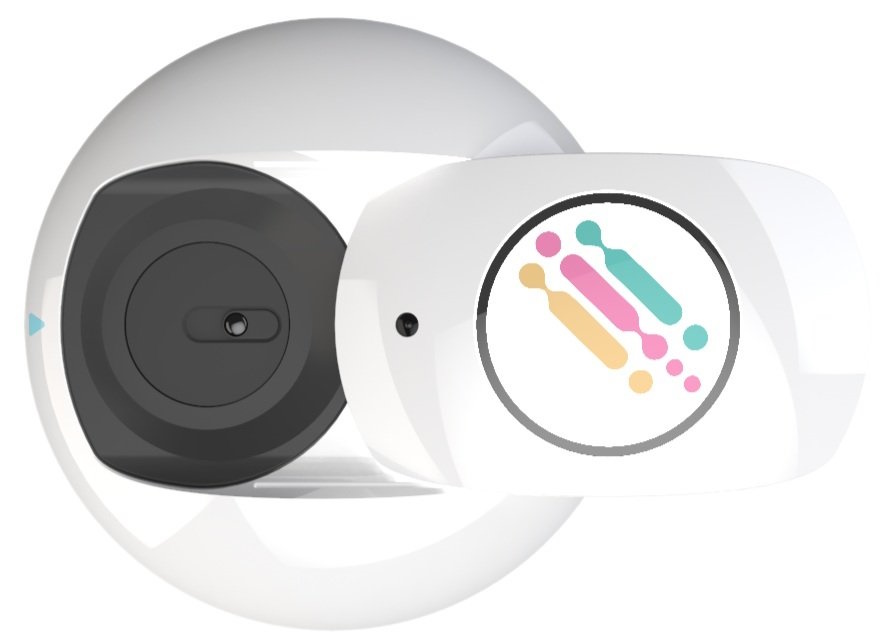Meet the Omes
The biology of ageing looks at way more than just the genome and microbiome - here's 20 to start with!
Join the club for FREE to access the whole archive and other member benefits.
Having recently bemoaned the lack of longevity representation in the UK, it was great to get invited to have a look around Oxford Immune Algorithmics – a UK-based precision medicine startup. OIA may be an Oxford University spin-out, and have Oxford in its name, but its offices are in Reading, Berkshire – just down the road from me.
Oxford Immune Algorithmics describes its mission as applying “predictive and generative Artificial General Intelligence (AGI) to deliver decentralised precision health” and to making the highest standard of care available to everyone. They take it even further with a vision is to end all disease-related suffering. These goals align closely with the Live Forever Club’s objective of equality in longevity and a belief that soon ageing will be cured which is the cause of most health misery today.
So, how does OIA plan to achieve this goal?
OIA has a two-pronged approach to universal precision medicine – devices and algorithms, combined into its Algocyte platform.
To understand a patient and their prognosis, it’s important first to have lots of data about them.
As well being able to import medical data from multiple sources (other systems, lab printouts, etc.) and diagnostics equipment, OIA is also developing its own remote blood testing device that can be used to regularly monitor users. This beyond point-of-care testing (POCT) instrument uses cartridges to perform blood tests, including a Complete Blood Count (CBC).
CBC is the most common blood test ordered by clinicians and looks at large range of analytes including red blood cell profiles, white blood cells and platelets, all them related to the immune system.
All of the data, from blood tests, images (e.g. skin photos) and questionnaires, can be uploaded to a secure cloud – which is where the company’s algorithm takes over.
Algocyte consumes all the data from devices and other systems to create a biological digital twin that represents the user’s individual optimal health – and can then flag deviations from this baseline, using guardrailed generative AI, to aid clinicians in their diagnosis.

The AI uses a model driven approach, thereby allowing it to provide its reasoning to healthcare professionals, rather than a blackbox assessment. When provided as part of a clinical decision support system (CDSS) this allows the clinician to make the final decision. As a sign of maturity, the software and platform is already CE and UKCA marked.
As a regular listener to London Futurists podcast, I was surprised to see the claim of AGI in use. Hector’s view is that AGI was basically solved in the 1960s, but systems have just lacked data and power up until now. Given that he’s written many papers on the subject (over 200 between the company’s Oxford and Cambridge founders) and is the only person to apply algorithmic inverse problem solving to precision medicine, I’m not inclined to argue. At the very least, from a marketing perspective it helps differentiate OIA’s approach from standard AI statistical techniques and other start-ups claiming to apply AI.
As well as finding out about OIA, we just about had time to discuss longevity and precision medicine more widely. Hector observed that the wellness market hasn’t progressed much in 20 years, which is particularly apparent at a GP appointment where it is still very much a sit down and chat interaction without looking at much data. I couldn’t agree more – one day a GP visit will be preceded by a multi-biomarker blood test combined with omics data (genetic, metabolic, etc) and latest health tracker data, so the GP already has suggested issues in front of them before you walk through the door.
Another of Hector’s concerns is how to keep people engaged? He acknowledges today, still, it is only the most health aware enthusiasts that are willing to track their health and look out for potential problems; and that mass take up may not happen until it requires almost no effort, for example wearable sensors that monitor more than just physical activity. This may be what is driving him to develop an even simpler remote diagnostic device that could be placed next to your bed or in your pocket to test yourself daily – eventually non-invasively, almost touch-and-go healthcare.

Along with Hector (founder and Chief Visionary Officer), the senior team includes Michelle Lea (CEO), Kourosh Saeb-Parsy (CMO) and Alfonso Ferrandez (CTO).
The company has received over $10m funding, including a £5.1m round in 2022, and has its development team based in Reading, working on both the hardware and software sides of Algocyte.
OIA’s first market target is the remote monitoring of chronic diseases. For example, many cancer patients need to make a regular trip to hospital to provide a blood sample - however, this could be performed by the company’s secure, remote, blood test instrument saving the patient’s time, and more importantly reducing their risk of an overlooked infection, a big risk for cancer patients where symptoms of an infection can be confused with chemotherapy side effects.
In future, the system could be used for more generic GP support for early diagnosis & better treatment management. And beyond that, potentially direct to consumer for those wanting to take a proactive approach to their health.
Hector Zenil expanded on Oxford Immune Algorithmics’ vision: “By reducing and eventually eliminating disease, we will extend people’s healthy lifetimes so everyone can live not only longer but, more importantly, longer healthier, which is our main driver. If we follow technology in medicine, we have made huge strikes in solving (mostly) some terrible diseases from polio to leukaemia to HIV albeit not very democratically. The exponential advancement of technology fuelled by AI, will accelerate this trend and has the potential to reach greater people faster before the rate of appearance of new diseases, effectively giving us a real chance to effectively defeat all diseases in the next one or two generations. OIA is simply trying to lead and make this happen sooner than later.”
Written by Adrian Cull – Founder, Live Forever Club
Click on resource name for more details.
Applying Artificial General Intelligence to deliver decentralised precision health and predictive medicine
Where were the UK longevity companies and researchers at Dublin summit?
Nuchido TIME+ Trial
The biology of ageing looks at way more than just the genome and microbiome - here's 20 to start with!
Adrian reviews a range of finalists trying to track cancer, blood oxygenation, retinal scans, and cardiac health